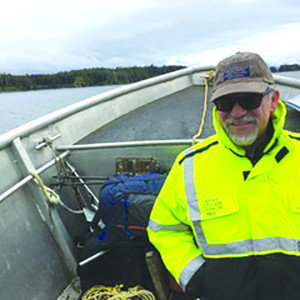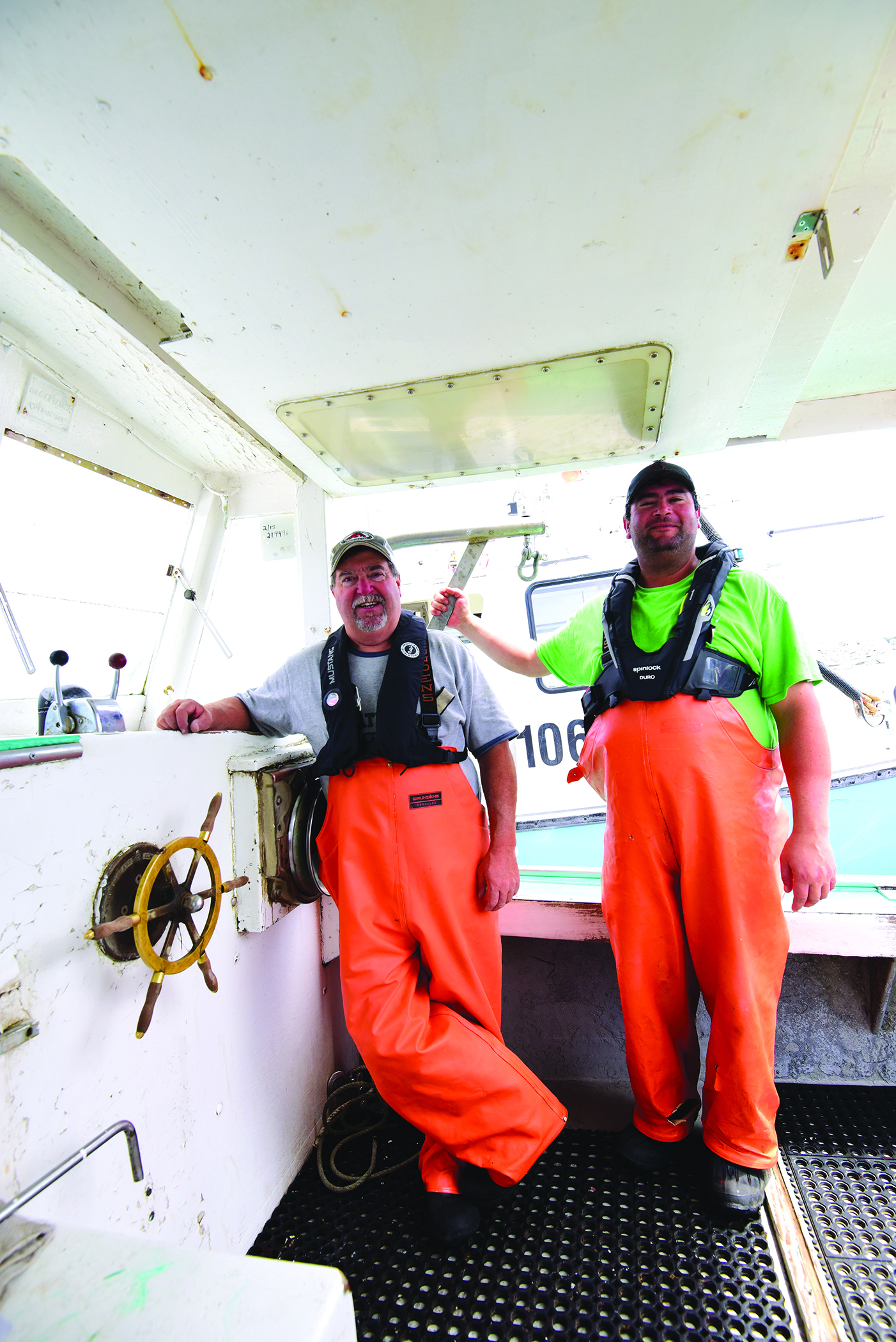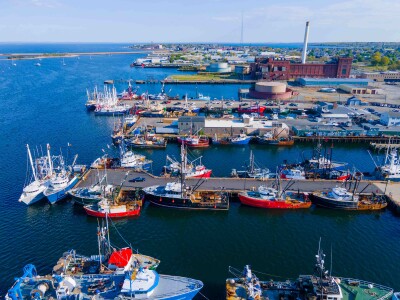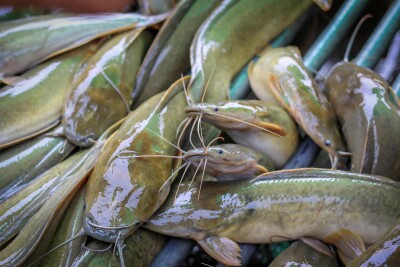Every month, more than one fisherman dies from the most preventable accident in the industry. Accounting for 30 percent of industry fatalities, falls overboard occupy the strange position of being both the easiest risk to solve while simultaneously being one of the most persistently stubborn causes of death. According to the National Institute for Occupational Safety and Health, 220 commercial fishermen died after falling overboard from 2000 to 2016.

That may not seem like a huge number — just under 14 fatalities a year. But most of those fishermen lost at sea could have come home safely had their captains implemented an inexpensive and simple change in behavior. If all of us in the industry make this small shift in our responsibilities when we step onboard, we can ensure that more of our crew comes home safe. So let’s start a conversation about falls overboard.
Not surprisingly, FOB fatalities are highest in cold-water fisheries occurring off Alaska and the Northeast. However, even in the warm Gulf of Mexico waters, they account for 27 percent of industry fatalities.
The issue isn’t a lack of gear — manufacturers have done a remarkable job developing a huge variety of PFDs that are lightweight, comfortable, and are designed with the rigors of commercial fishing in mind. Similarly, there is a wide range of commercially available gadgets to recover people from the water — including deployable devices, such as life slings and life rings; and fixed devices, like recovery ladders that attach to the rail or hull of a vessel.
For the high-tech crowd, there is even an assortment of alerting systems and alarms that will immediately notify the wheelhouse and crew if someone goes overboard. For the lower tech, do-it-yourself crowd, there is huge number of locally developed devices to get people out of the water quickly.
While safety training infrastructure may be more limited in some ports and regions, robust training programs from the Alaska Marine Safety Education Association and North Pacific Fishing Vessel Owners Association can export their training and expertise across the country. There are also outstanding online resources, such as NIOSH’s falls-overboard page, which provides a deep dive into the topic, including training videos, compelling survival stories, and PFD comparison guides.
So with all these resources, equipment and training options out there, why are falls overboard still such a pervasive problem? Well Captain, to put it bluntly that answer lies with you. This is your show, and the crew is your responsibility. If you don’t think the threat is real, then I hope we can get your attention. We’re interested in learning about you, so we can help get the right resources into the right hands.
What will it take to convince you that the time has come to reduce one of your biggest operational risks and threats to your crew? What will it take to persuade you to have your crew wear PFDs on deck? What will it take to implement regular FOB drills and practice recovering a person from the water? Does it take a gentle nudge? Does it take family and peer pressure? Does it take a 2x4 to your backside? If you answered “yes” to any of the above — you are in luck.
As a way to keep a focus on what is the easiest safety problem to solve, industry safety leaders are partnering with NF to run a series related to falls overboard in 2021, highlighting the issue in different U.S. fisheries and regions, focusing on types of PFDs and recovery gear options, and reviewing approaches to training and outreach programs.
I am hopeful that by keeping this issue in the front of your mind, you will come to recognize what your parents, your spouses, your kids, and your friends already know — the best way to prevent fatal falls overboard is to wear a personal floatation device when on deck and to practice your drills.
More than any other industry, fishermen are exceptionally skilled at using their knowledge, experience, ingenuity to recover something from the water. If you can figure out how to catch fish, crab, shrimp, scallops, eels to the extent that you can do it practically in your sleep and make it look easy, I know you can figure out how to keep people from going overboard and how to quickly and safely recover them if and when they do. I am looking forward to hearing your stories and learning from you — so let the conversation begin.







